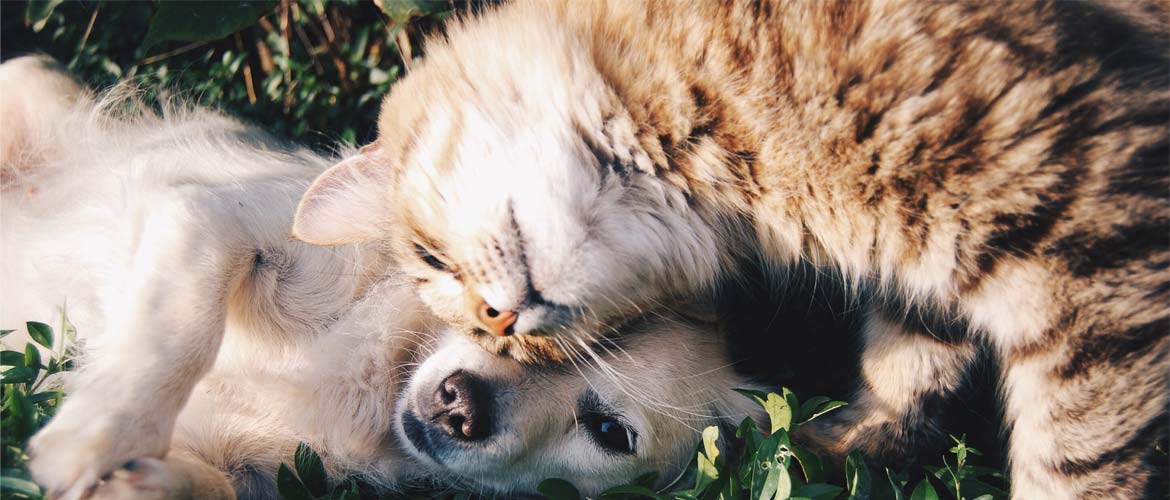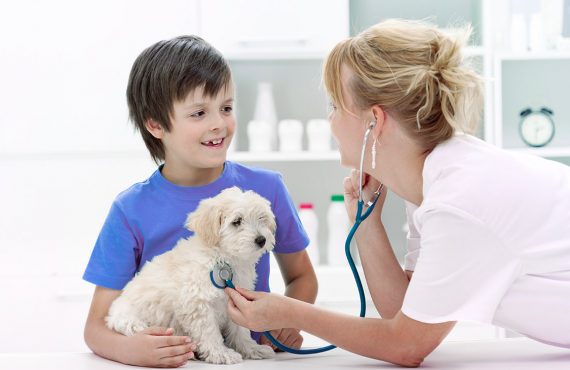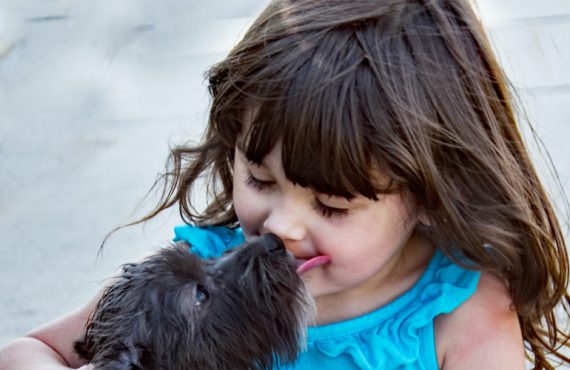February is the Humane Society’s National Spay and Neuter Month. The purpose of this awareness event is to encourage people to have their pets sterilized before the spring and summer months, when there is a widespread overproduction of puppies, kittens, bunnies, and more. Many animal shelters experience an unmanageable increase in animal intake. Sadly, an estimated 4 to 6 million animals are euthanized annually, as the ever-growing pet population is just too much for the number of available homes. Spaying and neutering is the best way to prevent these unnecessary deaths.
Spay and neuter surgeries are veterinary procedures that require minimal hospitalization and yet offer lifetime medical and behavioral benefits for the animal. Spaying a female animal involves removing the ovaries and uterus, and the benefits include preventing reproduction, as well as preventing uterine infections, uterine cancer, and breast cancer. Neutering a male animal involves removing the testes, and in addition to stopping reproduction, it prevents testicular cancer. Neutering a male dog also has numerous behavioral benefits, minimizes marking, and reduces mounting and roaming behaviors. The health benefits related to spaying and neutering your animal help reduce the cost of your animal’s overall veterinary care.
Spaying and neutering procedures are very safe, routine, and pets heal quickly following their surgery. Generally, pets are dropped off at the vet in the morning and can be picked up the same afternoon. Puppies and kittens can be spayed or neutered as young as 6 weeks old, but speak to your veterinarian or Humane Society to decide the best time to have the procedure performed on your pet.
Common myths associated with spaying and neutering animals, such as weight gain or negative behavioral changes are just that: myths. A proper diet and appropriate exercise following healing from surgery will ensure a fit and healthy pet for many years to come. If your pet is gaining weight, it is likely that they simply need their diet altered and/or an increase in exercise. Your vet can help you decide what is best for your pet, or come see us in store for suggestions about feeding.
Several times each year, the Humane Society of Manatee County receives grant funding that allows them the opportunity to offer low cost and no cost surgeries available to the public. Call 941-747-8808 Option #1 to schedule an appointment, or use their handy online scheduler at www.humanemanatee.org.
The Animal Rescue Coalition, located in Sarasota, offers sliding scale surgeries and vaccinations based upon income for Manatee and Sarasota County residents. Reach them at 941-957-1955 ext. 1.
See you in store soon!







